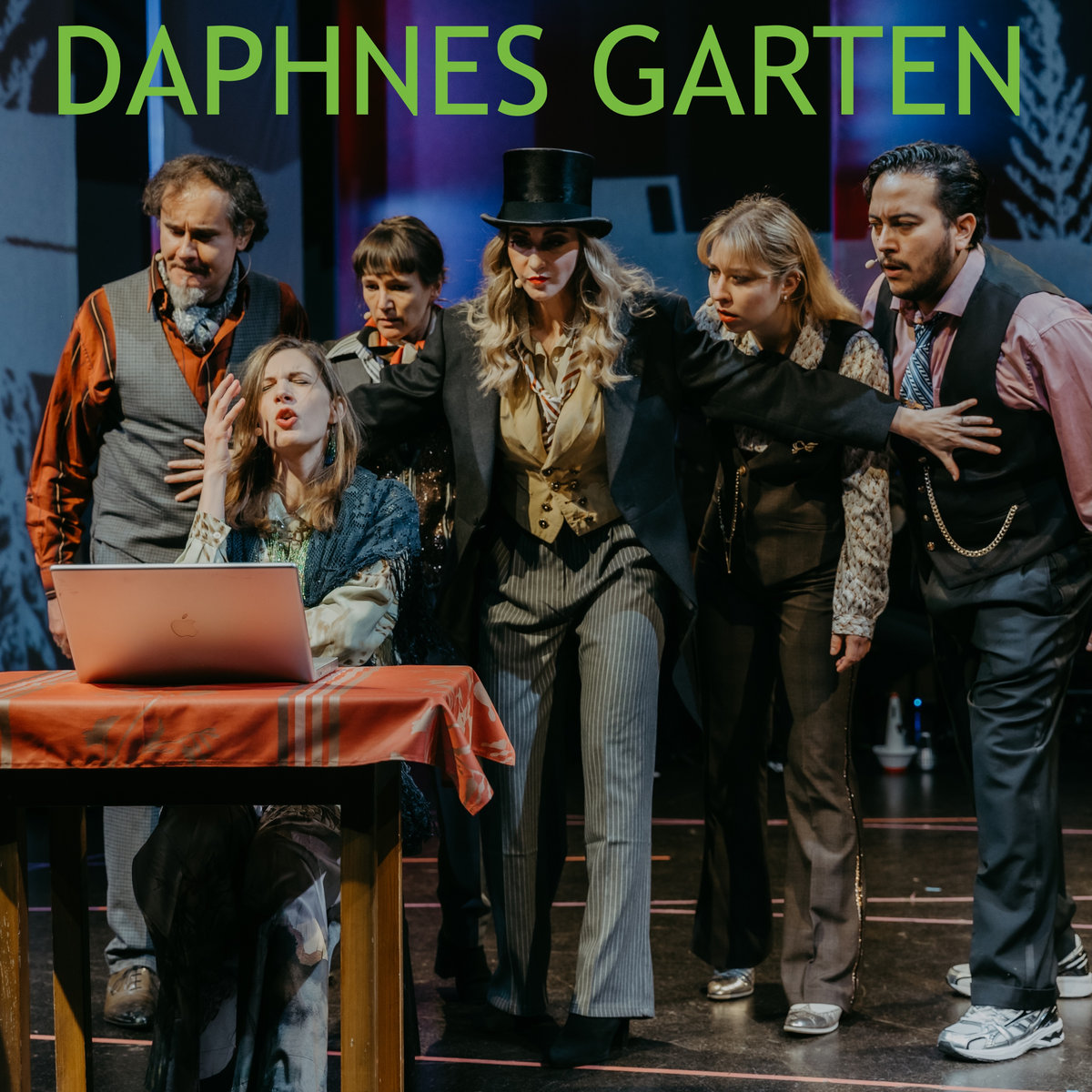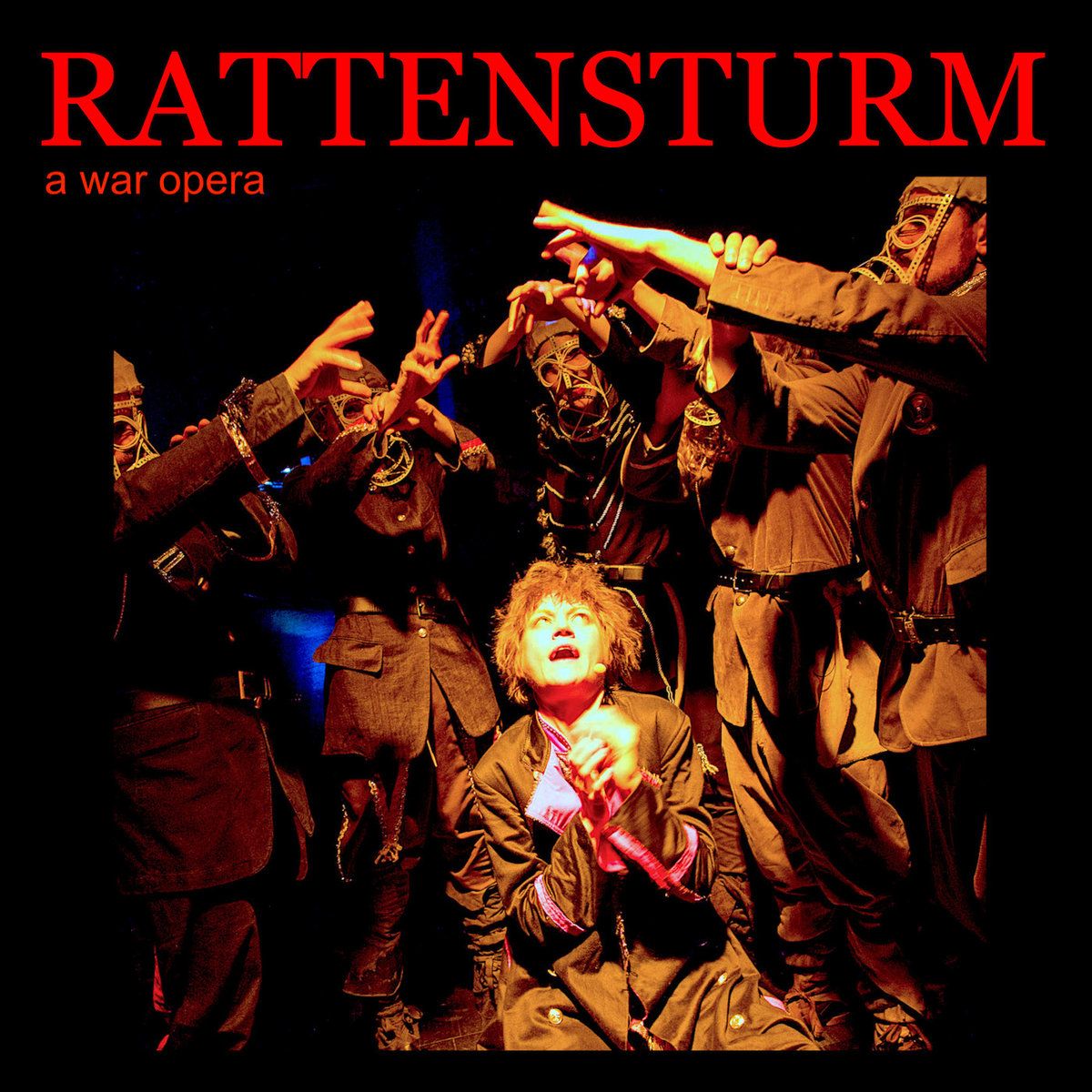COMPOSER AND YOUNG WOMAN
(NOW LASHAUN)
In writing the libretto, LaShaun and I became one and the same.
COMPOSER
I accept that she was
COMPOSER AND LASHAUN
in communication with God,
COMPOSER
that He told her
LASHAUN
to kill her children.
COMPOSER
I am compelled
COMPOSER AND LASHAUN
by her certainty and her great joy.
Dear Artists,We are writing to inform you of the Symphony of the Redwoods Board decision to replace the programmed piece "Certitude and Joy" with another selection for our opening season concert. We have asked Bryan as music director to help with this program change.We acknowledge that this decision is a difficult one for all involved and we do not make it lightly. The decision is not a comment on the merits and artistic value of the piece.Our overriding concern in arriving at this decision is for our local musicians, patrons, and sponsors. As a small community we pride ourselves on artistic accomplishments and institutions. Our small orchestra has been in existence for 40 years and still includes a number of founding members, family players spanning three generations and is also supplemented by a host of hired "ringers" that complete the ensemble. It is in consideration of feedback and consultation with them and many others that we are making this difficult decision. nThe depth and nuances of the composition do not overcome the challenging and darker nature of the themes and therein lies our concern.Thank you for the time and effort spent on this production. If at all possible we want to move forward with a concert that includes the Caunteloube songs featuring Laura. We are open to feature her in the first half as well if programming decisions can support it.Sincerely and with kind regards,Joanie Packard, Executive DirectorMichael Cox, Board PresidentSymphony of the Redwoods
Dear Joanie Packard and Michael Cox,I received your email yesterday. I’m shocked at the lack of respect you have shown to me and the other artists involved in this project. As you are aware, I have been working on this piece since January when the orchestra asked me to write it. I am very busy with other major projects, and I knew there was little compensation involved, but I did it as a favor to Bryan and to support a small regional orchestra. I have at this point put hundreds of hours into this piece, working late nights and weekends to make it wonderful. I also made major revisions to it on two occasions after requests from your organization, and I have from the beginning offered to help the musicians, to rewrite it for their capabilities, and to discuss any issues – even to make changes to the libretto.And the piece is gorgeous! It came out beautifully. It is something the organization who commissioned it should be proud of. You were given the opportunity to do something amazing and powerful.However, after all that, to not even be granted the opportunity to discuss it, not even a phone call, just an email addressed to the anonymizing sobriquet “Dear Artists” – it is telling that the only composer’s name mentioned in your brief email is misspelled.I’ve been in constant contact with your organization since January. There were 150 emails back and forth. I sent sketches of the work in February and an orchestration in May. It would have been so simple to pick up the phone. Why didn’t you arrange a talk between me and the people that were concerned? Why not have a discussion with donors and stakeholders? Why not have a pre-concert discussion addressing the issues raised in the piece?Maybe you didn’t want to perform a work that is so overtly Christian? The one sentence in your rejection email addressing your reasoning is very brief, so I’m not sure what you meant by its challenging nature. The work is on its face about the joys of religious faith – it’s right there in the title! Note I’ve written many Christian works, including a mass, a number of operas, settings of bible verses, etc. Certitude and Joy is one of in a long line of works addressing very similar issues: Ein deutsches Requiem, Mahler’s Second, Verdi’s Requiem, Shostakovich’s Symphony No. 14. This list would have made an interesting part of a panel discussion. Joshua Kosman told Laura he was very much looking forward to attending and would have made an interesting panel member,What is especially confusing to me is that you all knew what the piece was going to be, as it was an expansion of an existing work which has been available to the public since 2012. Why did you wait until now to bring any of this up? You could have read the glowing reviews available online - including when the Chronicle put it in their top 10 works of that year. Plus the entire work is on YouTube, there are interviews with the artists, and a CD release available everywhere.I am aware of the issues that face arts organizations. I too have been involved in the operation of a small orchestra as a founder and a board member for 25 years – as your board president knows, as he has performed with this ensemble. I also run a larger non-profit producing organization that has presented pieces here and in Europe. I know that projects can come and go. I know there can be personality issues, and disagreements, and that navigating these can be complicated. But here I have been treated very poorly. I can’t speak for the others, but from where I sit it seems you have kneecapped your artistic director and have insulted Laura Bohn, an internationally active and acclaimed singer. We cannot get back the time lost developing this project, nor can I soon forget the insult.Erling Wold, composer




















